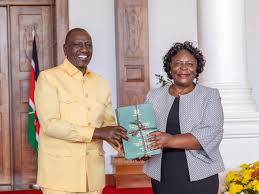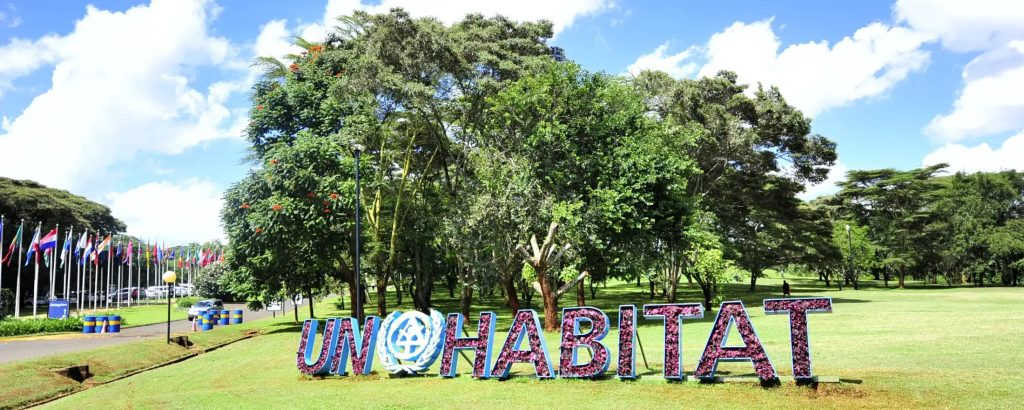By Wahome Ngatia
The UK government has slashed its foreign aid spending by £500 million (Ksh 87.47 billion), a move that will deeply affect humanitarian and development efforts across the Global South — and Africa is squarely in the crosshairs.
According to a recent BBC News report, the cut is part of the UK’s controversial decision to maintain its aid budget at 0.5% of Gross National Income, rather than restoring it to the internationally agreed 0.7%. Though framed as a fiscal necessity, critics argue it’s a short-sighted decision that undermines decades of international development gains.
In real terms, this means that programs tackling hunger, gender inequality, education, and health will lose critical funding. Sub-Saharan Africa, long a priority for UK aid, now faces an uncertain future as the UK pivots more funds toward Ukraine and domestic refugee support.
For Kenya — a regional hub for humanitarian work — the implications are profound. UK-funded projects supporting refugee camps in Kakuma, maternal health in Turkana, and climate adaptation programs in rural areas are all under threat. British support has also been instrumental in civil society strengthening and governance initiatives. With the cuts, Kenyan NGOs risk losing not just capital, but also credibility and operational momentum.
So why is this happening now?
This shift is part of a larger trend. Western governments — including the U.S., Germany, and Canada — are increasingly diverting aid budgets to respond to domestic pressures, wars in Europe, rising migration, and economic slowdown. Aid is becoming more transactional, politically strategic, and less altruistic. Geopolitics, not global need, is driving decisions.
But African civil society is not sitting still.
Many organizations are now exploring alternative models of funding — from social enterprise arms, to local philanthropy, private sector partnerships, and pooled grant-making. They’re also pushing back diplomatically, advocating for fairer aid policies at global forums.
In Kenya, the urgency to adapt has never been greater.
How Kenyan NGOs Can Respond
Survival requires resilient funding strategies:
- Diversify Donors: Target private foundations, diaspora contributions, and impact investors.
- Boost Local Philanthropy: Cultivate Kenyan corporate partnerships and community giving.
- Advocate for Policy Shifts: Push the government to increase NGO tax incentives and funding.

To this end, Ngoshub.com is organizing a high-level workshop titled “Building Resilient NGO Funding Systems” on August 20th at Nairobi Serena Hotel from 8am. The event aims to equip NGO leaders with tools and strategies to diversify funding, leverage technology, and increase donor independence.
The British cuts may feel like a blow, but for Kenyan NGOs, they can also serve as a wake-up call — a chance to rethink financial models and reclaim agency in shaping Africa’s development future.












